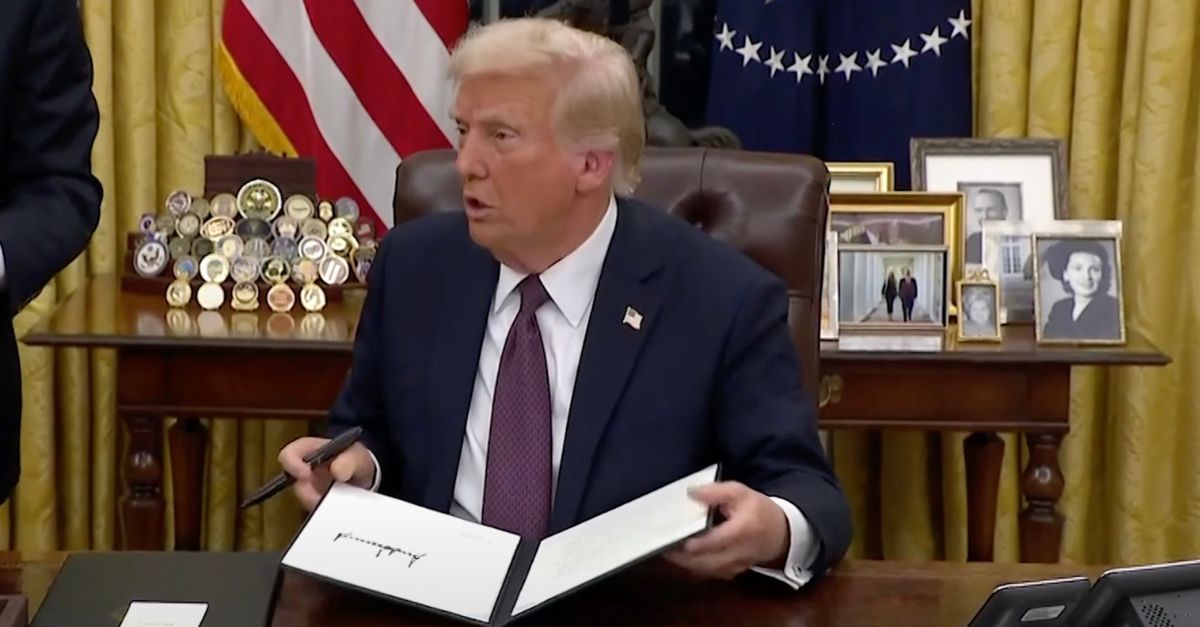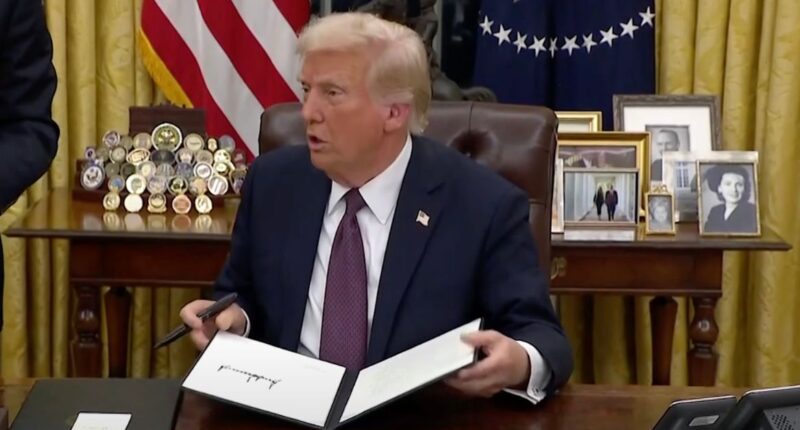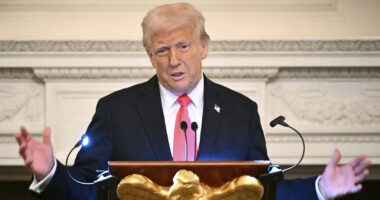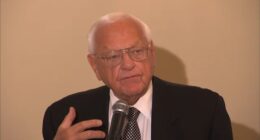
Donald Trump signs an executive order on Jan. 20, 2025, aimed at ending birthright citizenship in the U.S. (Forbes).
A federal judge has forcefully rejected Trump administration efforts to undo the nation’s constitutional grant of birthright citizenship.
A U.S. District Judge named John Coughenour, who was appointed by Ronald Reagan, made a significant decision in a Seattle courtroom on Thursday morning. He issued a nationwide injunction from the bench that stops the government from enforcing an executive order signed by President Donald Trump on Jan. 20.
This executive order had sparked strong reactions due to its attempt to eliminate a well-established constitutional right. This attempt has, in turn, caused great division among the people.
Judge Coughenour did not mince words when he criticized the President’s approach to the rule of law. He suggested that President Trump sees the rule of law as a mere obstacle to his policy objectives. According to the Judge, the President believes that the rule of law is something to bypass or not pay attention to.












